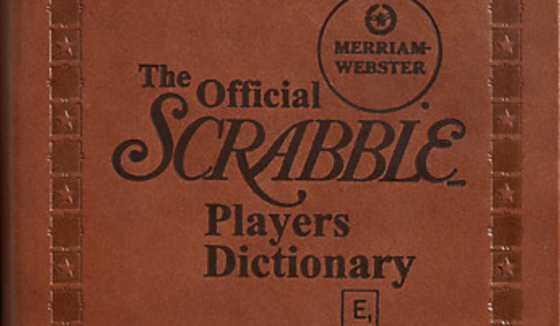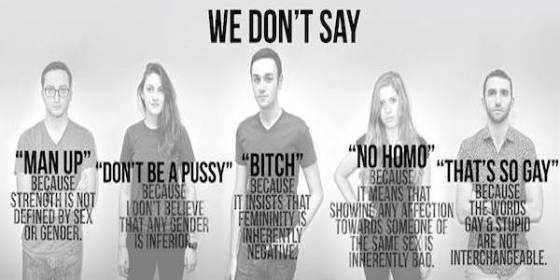I’ve been thinking of political correctness and historical fiction for some time now. My other major project is a novel set in 1890s London. But the problems presented by the words of the past present more of a conflict of interest for me in this project, creating and sharing a historical dictionary with other writers of historical fiction.
I believe that when someone complains about political correctness, what they are actually complaining about is how they are being forced to think about the needs of marginalized groups and how their reluctance to do so makes them look like an asshole. But I am not writing to discuss the state of our language today so much as I am writing to talk about the ways in which our perception of language has changed, and how that impacts the perception of a collection of words from a less-enlightened time.
I do not feel that removing offensive language from the Dictionary of Victorian Insults & Niceties is an option for me. Yes, those words caused pain. I do not wish to preserve them so that they can cause further pain; I want to present them in a way that helps readers better understand the history of our language, so that my readers can better understand the contexts their characters are speaking in.
 Yet, there is a case to be made for removing offensive words. Last year, Hasbro removed a number of racial slurs from the Scrabble Dictionary.
Yet, there is a case to be made for removing offensive words. Last year, Hasbro removed a number of racial slurs from the Scrabble Dictionary.
“In its previous dictionary, Hasbro was literally playing games with hate,” said [Anti-Defamation League] ADL National Director Abraham H. Foxman, “by supplying legitimacy to demeaning and hurtful stereotypes. Families play Scrabble together, and there should be no room on the board for prejudice.” [Source]
I support Hasbro’s decision, and the difference that I see between my dictionary and theirs is that mine records words that were used in the past, whereas the Scrabble Dictionary advocates for continued usage in game play.
As author’s of historical fiction, we have a responsibility to portray the past at least somewhat accurately. My characters are almost all historical persons. To eliminate the challenges they faced would be detrimental to the story and would diminish the hardships that they faced in real life. Some of my characters are gay; many are women. Life wasn’t easy for homosexuals and women in the 1890s, and I admire these historical people for living the lives that they lead – not in spite of the challenges they faced, but because the challenges they faced made everything so much more difficult for them.
Politically correct history prioritizes making its audience happy over presenting accurate representations of the past. It’s a kind of fiction in and of itself. I think it’s like the first cousin of propaganda, and can only distantly be related to art. Art, like history, sometimes makes people very uncomfortable. It would be a big stretch to call my dictionary art. I see it more as a box of paints for painters, only its words for writers. Omitting the politically incorrect words of the past, would be like expecting someone to paint a landscape without the colour blue.
Just like the use of the colour blue in a landscape, there are right and wrong ways to use historically accurate, but politically incorrect, language in historical fiction. The painter has an advantage over the writer in this case because its fairly obvious what’s blue. To help my readers, I intend to use this blog and the pages of my dictionary to demonstrate the correct usage of offensive old words. If a word is both offensive and obsolete, you may not want to use it because no one will understand what you mean. Though obsolete words can work well in some situations. I used to keep a dictionary blog that used lots of them.
In creating a historical dictionary for writers, I have taken on the responsibility of making it evident that a grandmother in 1863 London wouldn’t call anyone a ‘pie-biter,’ if only because the term was new and American. I will also make it my responsibility to make it clear that more offensive words are understood by the writers reading my dictionary so that it will be as uncomfortable to write them as it is to read them.
Support the project through my GoFundMe page, or visit my shop.

